Oliver Cromwell
(1599 - 1658 CE)
The Lord Protector Who Needed Protecting From Himself
“God may have been on our side, but He clearly lacked a sense of humor.”
— attributed to a Parliamentarian who survived Cromwell exactly once
Smoke rolled over the churned mud of Drogheda, thick as the moral ambiguity that followed Oliver Cromwell like a devoted, soot-covered dog. The screams rose and fell in ragged waves. Muskets cracked, pikes punched through ribs, and somewhere a Puritan voice was singing a psalm so cheerfully off-key that even the angels probably filed noise complaints. And in the middle of it, astride a sweating horse streaked with other people’s futures, sat the man himself—Oliver Cromwell, Lord Protector, empire-breaker, regicide, the Puritan who could out-Puritan an entire monastery.
He looked like he’d been carved out of cold oatmeal and righteous fury. And yet, here he was, doing what every good English gentleman secretly dreams of: reorganizing a nation by murdering everyone who disagrees with him. Say what you will about Cromwell, but he had a gift for efficiency. And artillery. And weaponized religion.
By the time the gates fell at Drogheda, England had already learned this: if Oliver Cromwell prayed before battle, you were about to have a very bad day.
The Making of a Killjoy Messiah
Born in 1599 in Huntingdon—a place famous for producing exactly one historically significant human—Cromwell started life as the world’s least fun uncle. He played the predestination card like it was a winning lottery ticket, lived with the intensity of a man afraid to smile in case God mistook it for sin, and dabbled in Parliament largely because it allowed him to complain professionally.
By his mid-30s he’d drifted between mild gentry, failed business attempts, and bouts of depression so dramatic they deserved a soundtrack. Then, sometime in the late 1630s, something snapped or illuminated—your choice depending on theology. He found God, God found him, and soon England’s most aggressively religious middle manager was convinced he’d been chosen to fix the entire country.
And part of “fixing” England apparently meant picking a fistfight with King Charles I, a man who believed deeply in divine right, fancy hair, and catastrophic decision-making. The English Civil War rolled out like a family reunion gone wrong: shouting, betrayal, ideological knife fights, and someone inevitably losing a head.
Cromwell found his calling in war, because nothing expresses spiritual conviction quite like reorganizing someone’s internal organs with a cavalry charge. He built the Ironsides, Parliament’s crack cavalry force, and whipped them into a terrifying blend of discipline, zealotry, and horse-powered enthusiasm for cutting down Royalists by the bushel.
Turns out, when you give a depressive Puritan a sword and existential permission, he becomes horrifyingly productive.
Rise of the Lord Protector (But Maybe Not Your Protector)
Cromwell had a talent for winning battles and a truly divine talent for believing he was right. He smashed Royalist armies at Marston Moor and Naseby—acts of violent, muddy scripture-writing that convinced him England’s destiny now ran straight through his grim, determined face.
Then came the King’s trial, a masterpiece of legal improvisation that boiled down to: We can’t have a king who keeps doing king things. It’s treason to England. Because we said so. Cromwell signed the death warrant like a man approving a budget request, and on a chilly January day in 1649, Charles I’s head popped off the monarchy like the cork from a very disappointed champagne bottle.
England gasped. Europe fainted. Cromwell shrugged. The monarchy was dead. Democracy would surely follow. But first: Ireland.
Because if there’s one thing Cromwell loved more than killing monarchy, it was killing Catholics. And horses. And sleep. He didn’t get much sleep.
Drogheda: Where Mercy Went to Die of Natural Causes
Back to Drogheda, September 1649. The walls trembled. The cannons thundered. The defenders, Royalists and Irish Catholics, hurled back everything they had—hot shot, musket fire, curses inventive enough to make Satan jot down notes.
When Cromwell finally breached the city, he gave orders that would echo in Irish memory for centuries: no quarter. Priests, soldiers, merchants—anyone who could theoretically hold or bless a weapon—were cut down. Cromwell later justified the massacre as “the righteous judgment of God,” which was a pious way of saying “we were tired and angry and your city annoyed us.”
Survivors crawled out from wells and alleyways days later. Some fled into legend, some into exile, some into graves, all into the eternal footnotes of English brutality. And Cromwell moved on as if he’d cleaned a messy basement, not painted a city in theological violence.
That was the moment he became immortal. Not in the heroic, statues-and-ballads sense, but in the “nations will curse your name for four hundred years and counting” sense. Which, in its own way, is a kind of glory.
The Protectorate: Britain’s First Accidental Dictatorship
After Ireland and Scotland were “pacified”—a word historians politely use instead of “flattened”—England needed governance. Parliament, eager to avoid monarchy, created a new position that was absolutely not a monarchy but functioned exactly like one: Lord Protector.
Cromwell accepted, of course, with the humility of a man who absolutely knows God’s LinkedIn endorsement is worth more than any constitution.
He ruled with a blend of military rule, religious zealotry, stern moral policing, and a tax system that made people nostalgic for the monarchy they’d just beheaded. He banned sports, censored theater, outlawed fun, restricted Christmas, and declared war on Spain because, well, Spain existed.
His reign was the national equivalent of being grounded indefinitely.
And yet: he stabilized finances, expanded naval power, laid groundwork for the British Empire, and proved that a determined bureaucrat with a God complex could in fact run an entire country—just maybe not one anyone liked living in.
Death Comes for the Protector (Three Times, Actually)
Oliver Cromwell died in 1658 of a fever, kidney stones, malaria, depression, bad weather, and possibly the crushing weight of divine responsibility. Historians disagree. England, exhausted, probably whispered, “Finally” in unison like a relieved choir.
His son Richard succeeded him briefly but had the political charisma of wet cabbage. The Protectorate collapsed like a Puritan soufflé, and the monarchy was invited back with embarrassed eagerness. Charles II returned, grinning with the energy of a man about to flip every table in the house.
And he did. The Restoration government dug up Cromwell’s corpse—along with two other regicides—dragged them to Tyburn, hung their dead bodies, cut off their heads, and stuck the skulls on spikes for decades. England essentially executed him twice more just to make a point.
Cromwell’s mummified head later traveled through private collections for two centuries, serving as the world’s grimmest conversation starter until it was finally buried at Cambridge in 1960. Even dead, the man caused administrative paperwork.
Legend, Propaganda, and the Ongoing Debate Over Whether He Was Hero or Horror
To some—usually English Protestants with selective memory—Cromwell was a patriot, a defender of parliamentary sovereignty, and the man who stood up to tyranny with a cavalry saber in one hand and a Bible in the other.
To others—especially in Ireland—he was genocide with riding boots.
Historians argue endlessly: was he a necessary strongman or a fanatic with artillery? A proto-democrat or a military dictator? A visionary or a sanctimonious butcher? The answer is: yes.
Hollywood hasn’t helped. Every portrayal turns him into either a doom-haunted antihero or the Puritan Darth Vader. Pop culture loves him as a grim war machine, a killjoy prophet, a haunted tyrant staring into shadowy mirrors. He’s become a myth, a warning, a punchline, and a historical migraine.
And yet, there he stands—endlessly debated, eternally polarizing, carved into the British psyche like a scar. Cromwell is history’s great Rorschach blot: you see in him whatever moral crisis you’re bringing to the table. And he obligingly reflects it back at you in blood and scripture.
He built a republic. He burned a country. He shattered a monarchy. He erased cities. He prayed through all of it.
There will never be another like him. Mercifully.
And in the end, the only man Cromwell ever truly liberated was the executioner who got to finish the job England kept putting off.
Warrior Rank #174
Sources (mostly real, some reasonably ridiculous)
Fraser, Antonia. Cromwell: Our Chief of Men.
Coward, Barry. The Cromwellian Protectorate.
Gaunt, Peter. Oliver Cromwell.
Lenihan, Pádraig. Consolidating Conquest: Ireland 1603–1727.
Hutton, Ronald. The British Republic 1649–1660.
The Puritan’s Pocket Guide to Unnecessary Overachievement (London: Imaginary Press, 1653).
Proceedings of the Society for the Prevention of Christmas Cheer, Vol. I (1656).

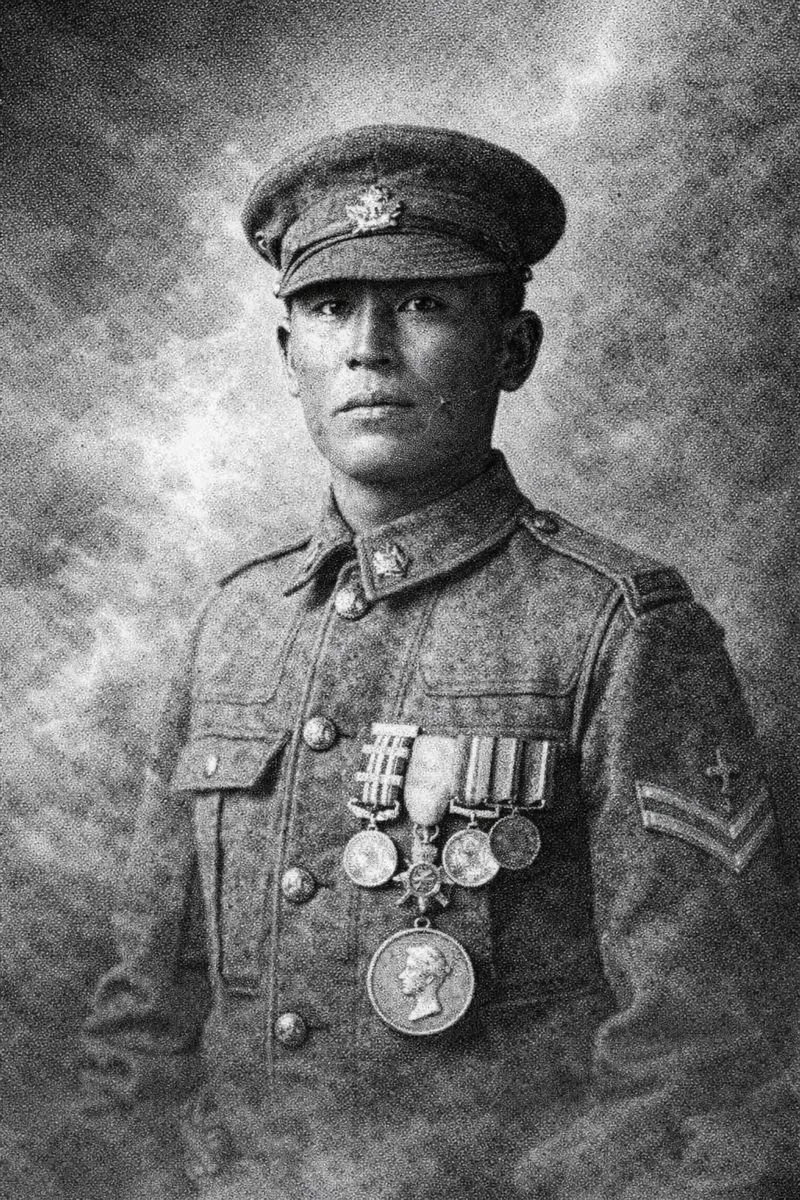


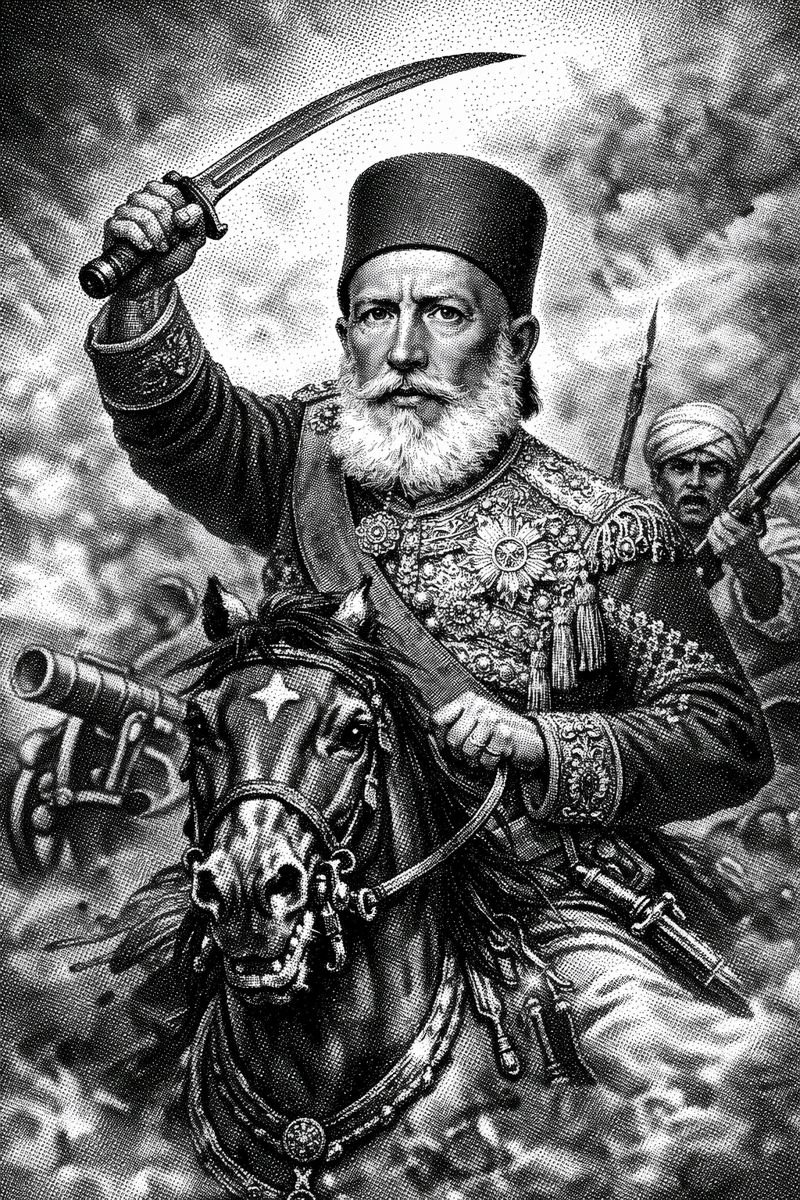
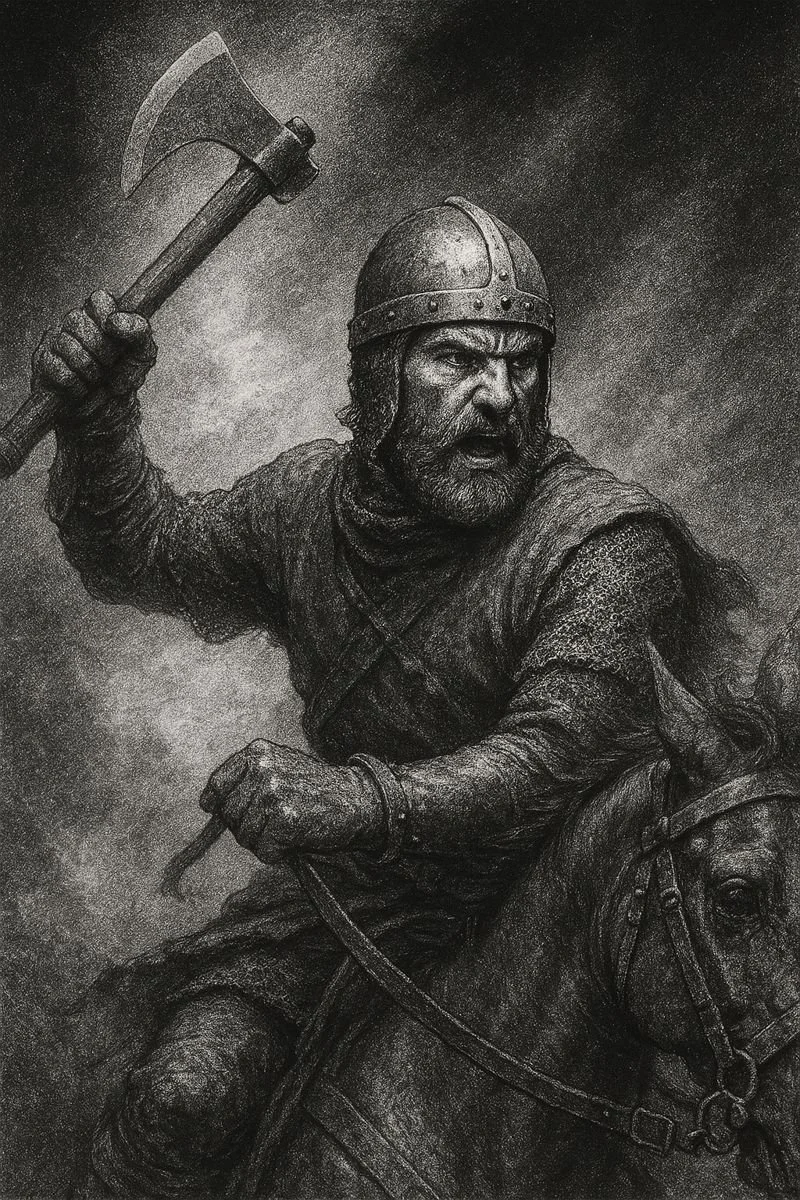
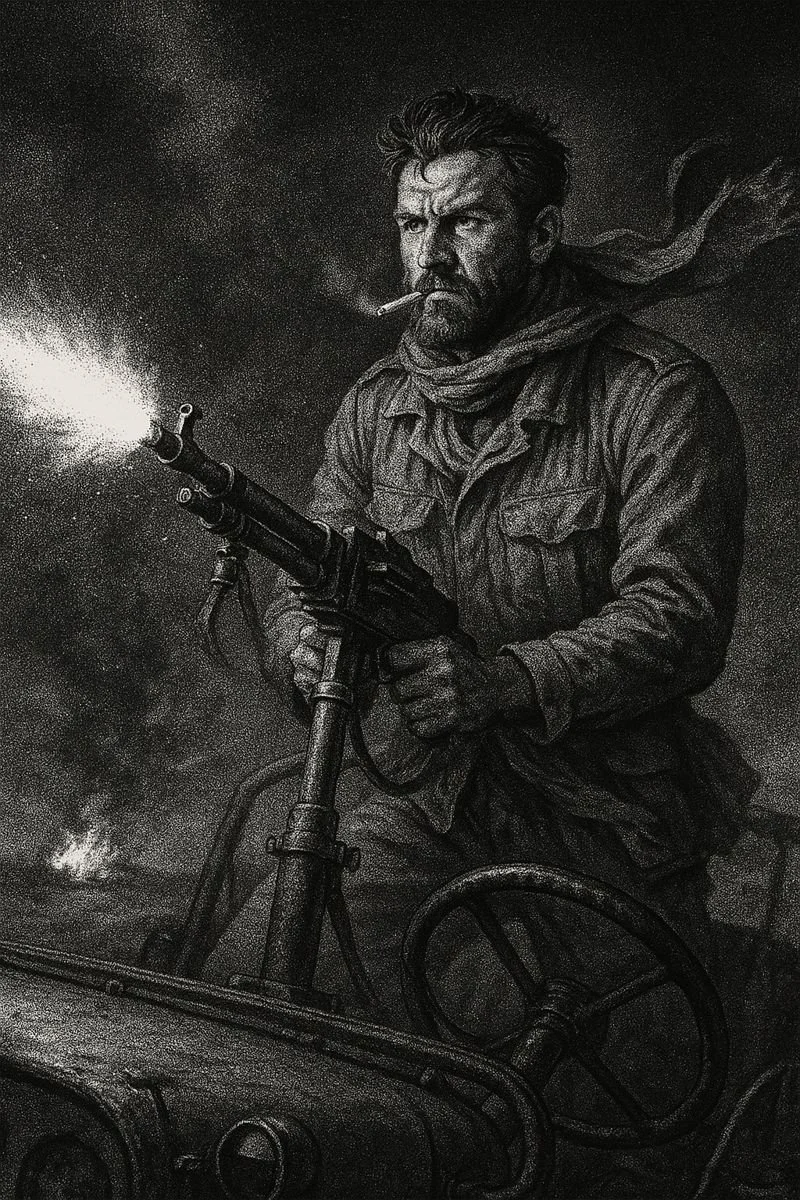

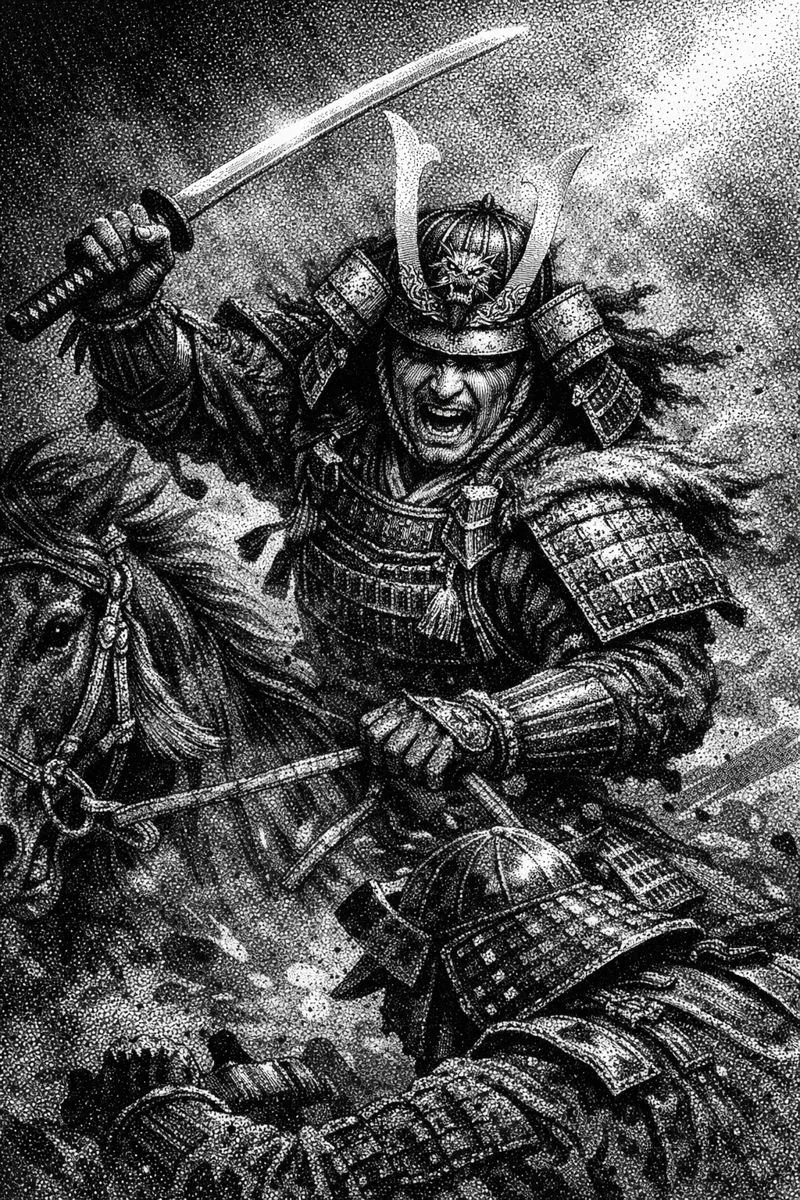



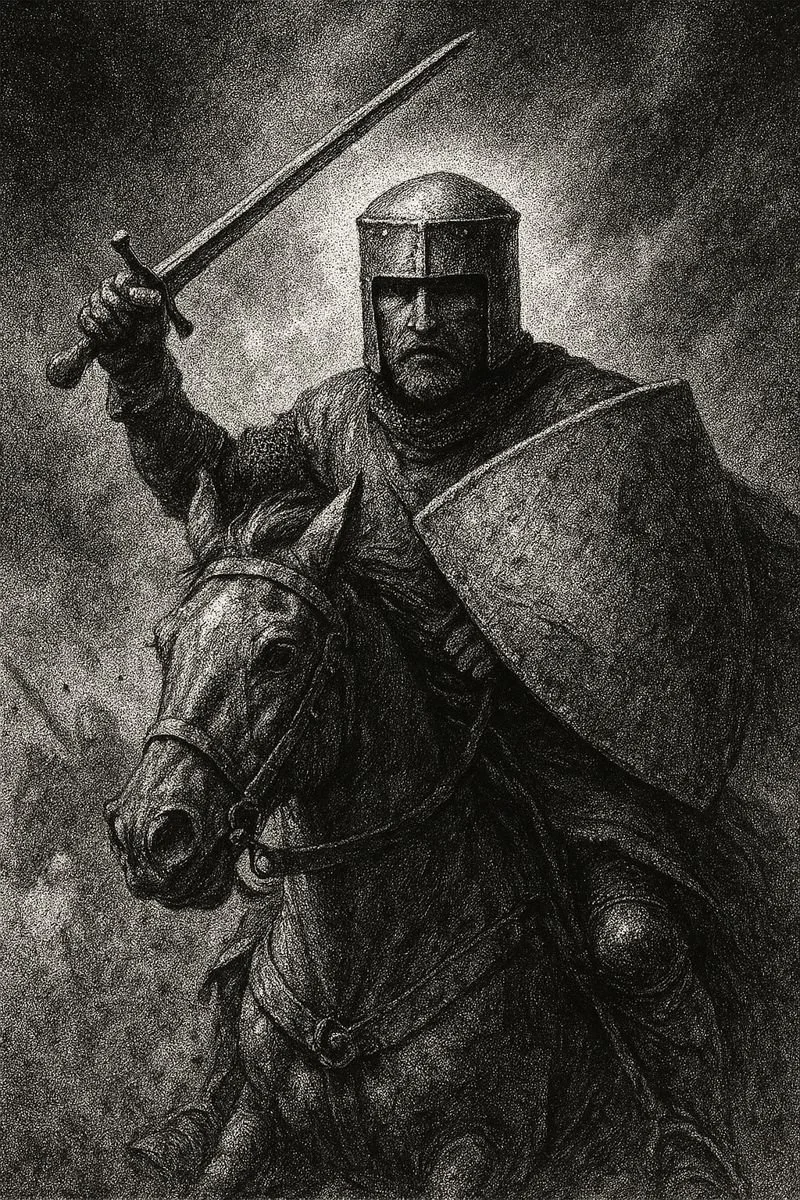


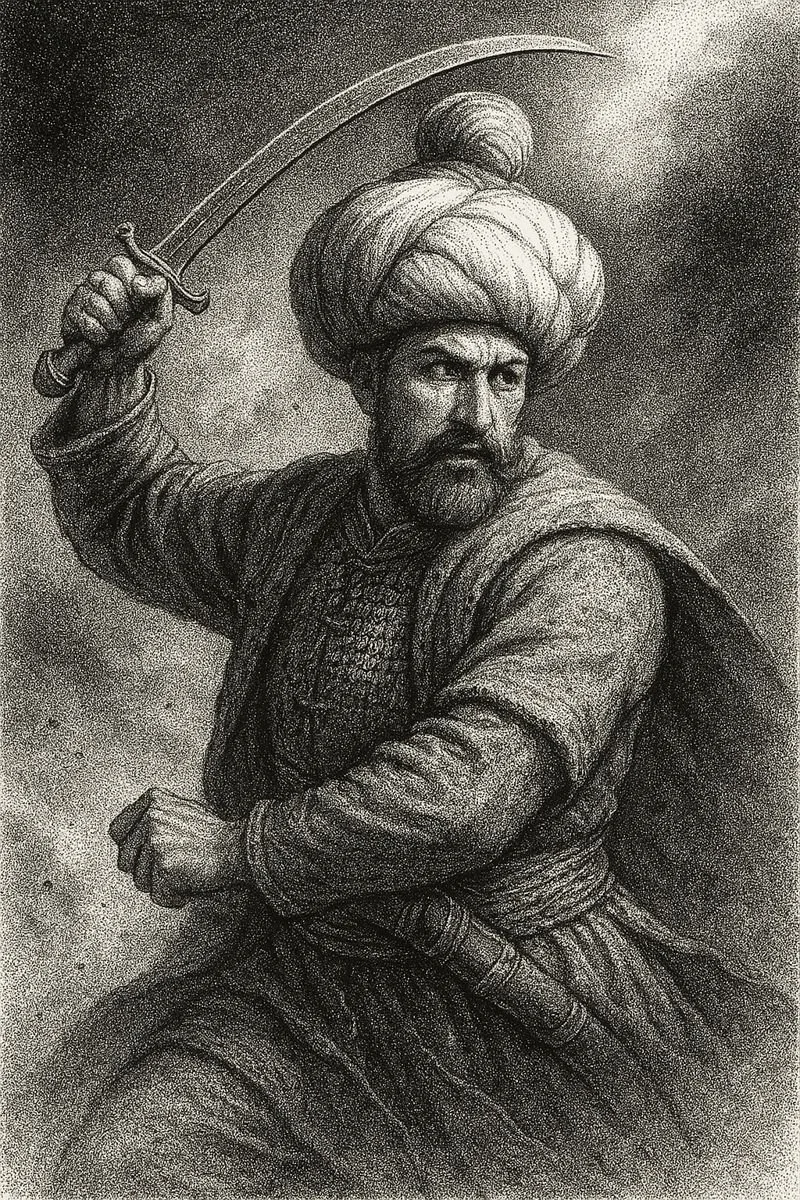
Charles XII of Sweden was a warrior-king who personally led his armies through the Great Northern War, turning early victories into legend through ferocious discipline and reckless courage. His refusal to compromise or retreat ultimately shattered Sweden’s empire, leaving behind a mythic figure admired for bravery and criticized for destroying everything he fought to protect.
Rank - 125